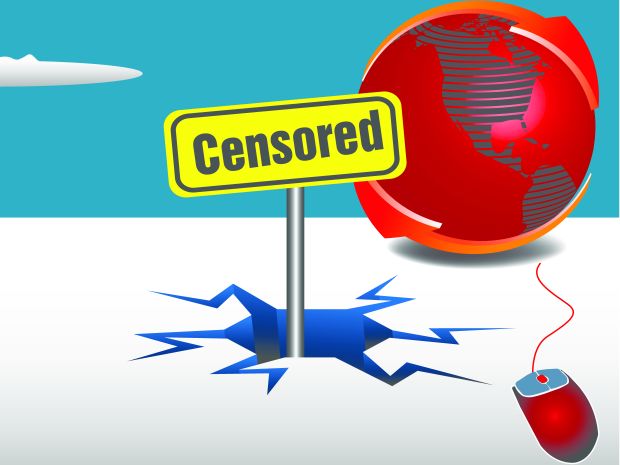Vietnam to fine online critics of government


Online users in Vietnam who criticize the government will face a fine of US$4,740 after a new law was passed this week.
In yet another move to curb online dissent, Vietnam Prime Minister Nguyen Tan Dung signed the legislation which states online users who make comments that do not constitute criminal offenses, but are deemed to be "propaganda against the state" or spreading "reactionary ideology", will face fines of 100 million dong (US$4,740).
According to a Reuters report, the new law lacked clarity and did not explain what comments would be labeled a criminal offense and, hence, punishable by imprisonment, or what would be considered an "administrative violation" which would incur a fine.
This week's announcement is the latest in the Vietnamese government's efforts to clamp down on its critics online, which has seen rapid adoption in the country where a third of its estimated 90 million population now use the Internet. About 20 million have Facebook accounts, according to Reuters, citing stats from a report published at an IT seminar in September.
The Vietnamese government in August passed a new rule, effective September 1, requiring blogs and social media accounts set up by individuals and businesses to contain only personal information. Under this law, user profiles and social media pages should reflect information about that individual or business, and must not contain data about other individuals or organizations.
In September 2012, a southern Vietnamese court jailed three bloggers for posting political articles on a banned local site as well as their own blogs, ruling the acts as undermining the country's communist rule.
In addition, the government reportedly was mulling plans to ban mobile messaging apps such as Viber LINE, and WhatsApp, though, it was doing so to protect the revenue of local telcos.